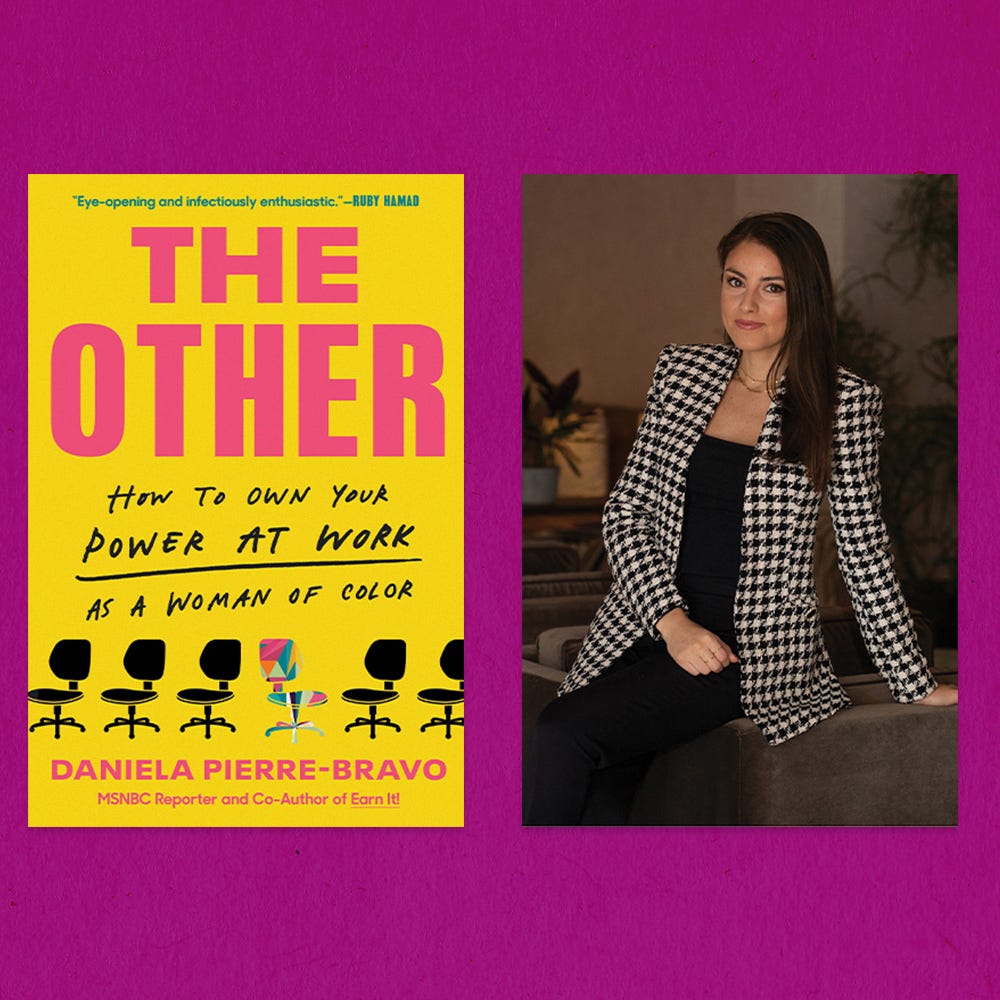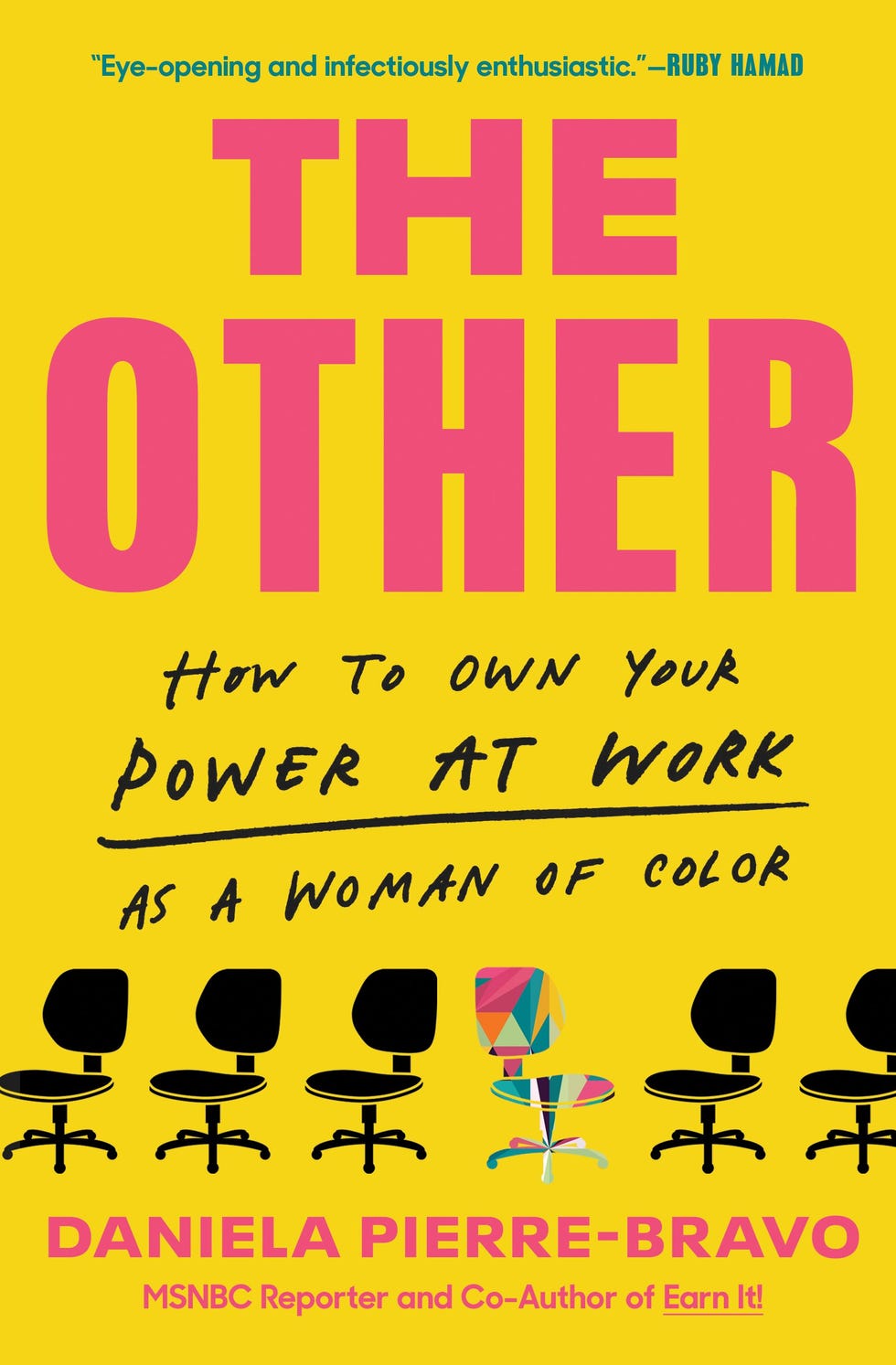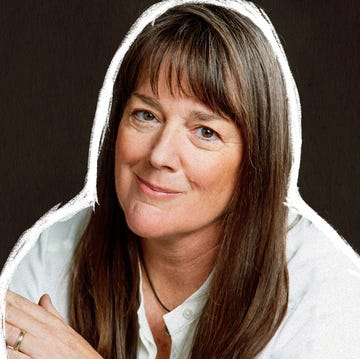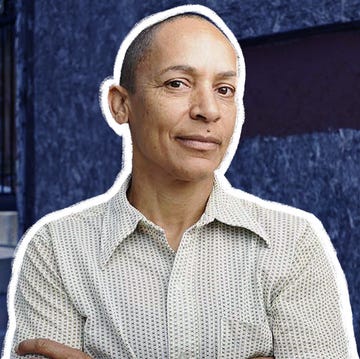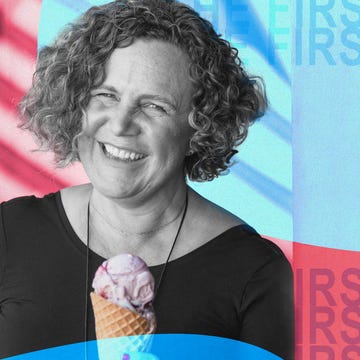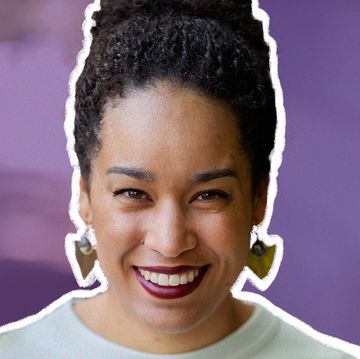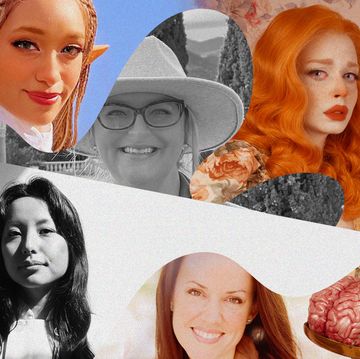In most workplaces — especially those originally set up by and structured to accommodate cisgender straight white men — being anything else can easily lead to a feeling of otherness. For MSNBC reporter-producer Daniela Pierre-Bravo, her sense of otherness came from her undocumented status.
Being an other meant that Pierre-Bravo felt she “needed to blend in to whatever environment I’m in in order to accommodate and appease and not create any sort of sense of dissonance with the people around me,” she says. “It’s predicated on my sense of going about the world through somebody else’s eyes.”
It remains true that others, including Latina women like Pierre-Bravo, are still underrepresented at the top of the corporate ladder. A recent USA Today survey of 92 companies in the S&P 100 shows that Latina women specifically make up only 1.6 percent of senior executives at the country’s largest companies, and just 4.4 percent of managers are Latina.
In her new book, The Other: How to Own Your Power at Work as a Woman of Color, Pierre-Bravo describes how she felt she needed to keep her head down and stay quiet about her situation in order to survive. The result, however, was “a lot of shame and internalizing my situation as the other,” she says.
Raised in a small, conservative town in Ohio, Pierre-Bravo frequently hid, accommodated, and appeased. But while that strategy may have helped her gain access to opportunities, there was a flip side: Her attitude worked against her when she wanted to move up the ladder. “[It] doesn’t necessarily help us when we’re in year three, four, or five,” she says. “We really need to go from earning it to owning it.”
Feeling like the other can include being a woman, BIPOC, an LGBTQ+ person, or having a disability, and each group faces different degrees of discrimination. While the business world must recognize the important structural and institutional roadblocks these groups face, Pierre-Bravo believes that there is much that can also be addressed at an individual level. Here are three tips from Pierre-Bravo and other experts on how to regain your power at work.
Shed impostor syndrome
Those who feel othered at work are particularly susceptible to impostor syndrome, which by definition relates to not fitting in. Phyllis Reagin, founder and executive coach of At the Coach’s Table, helps Black business owners break free from the grip of impostor syndrome.
Reagin creates strategies for “minimizing the frequency and intensity of impostor syndrome.” She points out that discrimination and impostor syndrome “compound each other,” leading to anxiety, depression, and loneliness. She suggests questioning the root cause. “Is it due to the external world of unfairness and inequality? Is it an internal experience? Or is it both?” Such insight provides the first step in supporting her clients.
“Pierre-Bravo’s undocumented status may make it difficult to move and integrate into her external world,” Reagin explains, regardless of how similar she is to others in the majority group. “This is fertile ground for impostor syndrome to take root,” she says, adding that the feeling then causes someone to question their worth.
Impostor syndrome also comes up from feeling a lack of skills, according to Every Level Leadership founder and principal Ericka Hines, who co-authored the report Black Women Thriving. Performance reviews of women are often framed in terms of personality rather than skills. Hines says you can combat this by directly asking, “What skills do I need to learn? How can I redirect the conversation to the skills?”
Visualize success
It’s critical to imagine what success would look like beyond your current state, says Hines. She surveyed Black women and found that a majority have no emotional reserves left at the end of the workday, and many couldn’t fathom ways that their workplaces could better support them. “It was hard for them,” she says, “to come up with an answer.”
Reagin echoes the sentiment that it’s important to conceptualize methods to improve your work-life balance and grow your career as you move forward. “It can help to just imagine approaching life differently,” she says. “Women of color often do not have the space to just visualize life from a different lens.”
Open up about mental health
Those who feel othered are particularly susceptible to hitting a wall. Many women of color have a strong work ethic, rooted in their histories, that has been required for them to move ahead, says Reagin. “It is necessary to respect how this has been a strength and a gift to move generations forward,” she says. But she suggests exploring your power in new ways. “How can you be strong and soft? How can you go slow to go fast?”
Pierre-Bravo emphasizes the importance of mental health no matter your background. “In communities of color, mental health is just not talked about, or there’s just not a space for it,” she says. “A lot of our community has been in survival mode for generations, so talking about our feelings and emotions and asking for boundaries is something that’s counterintuitive.” Pierre-Bravo constantly felt she was in “fight-or-flight mode, working three jobs on top of one another.” She acknowledges it led to success, “but I realized there’s no longevity to it. It’s not sustainable.”
To counter overloading yourself at work, Pierre-Bravo recommends embracing delegation. She’s found that those she mentors struggle to integrate this into their routines, especially in remote and hybrid working environments. “Delegating is so important,” she says, “and having communication with your boss about what you’re taking on.”
Black women in particular feel they must be “constantly upping [their] game,” says Hines. “I don’t think that’s sustainable in your entire career without burnout — without some damage to yourself and psyche.” Hines advises to be aware of the benefits offered at your job. “Look at what’s provided, particularly around health and wellness,” she says, “and use it.”
Hope Reese is a freelance journalist who has contributed to The New York Times, Vox, and The Atlantic. Follow her on Twitter @hope_reese.
Get Shondaland directly in your inbox: SUBSCRIBE TODAY
